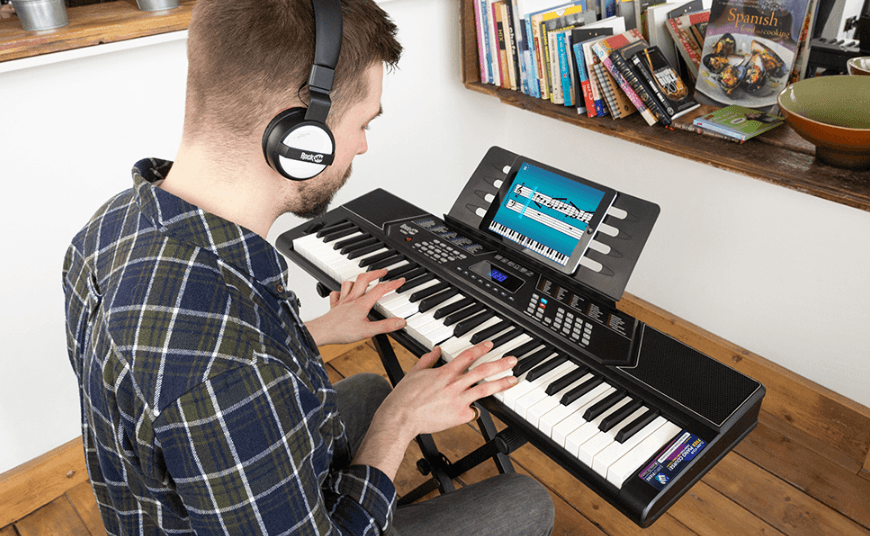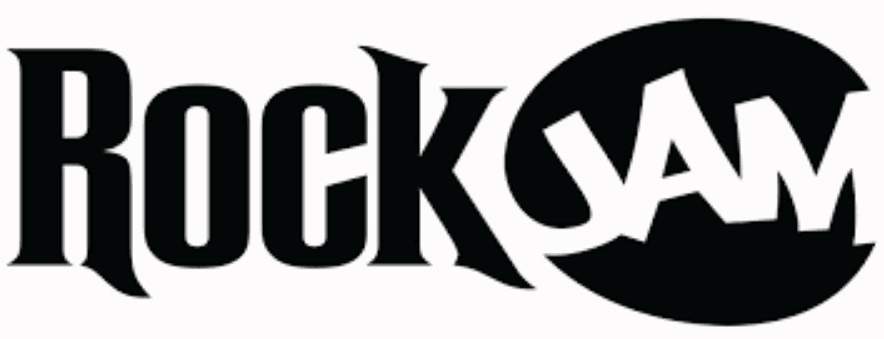
RockJam RJ5061 Multi-Function Keyboard
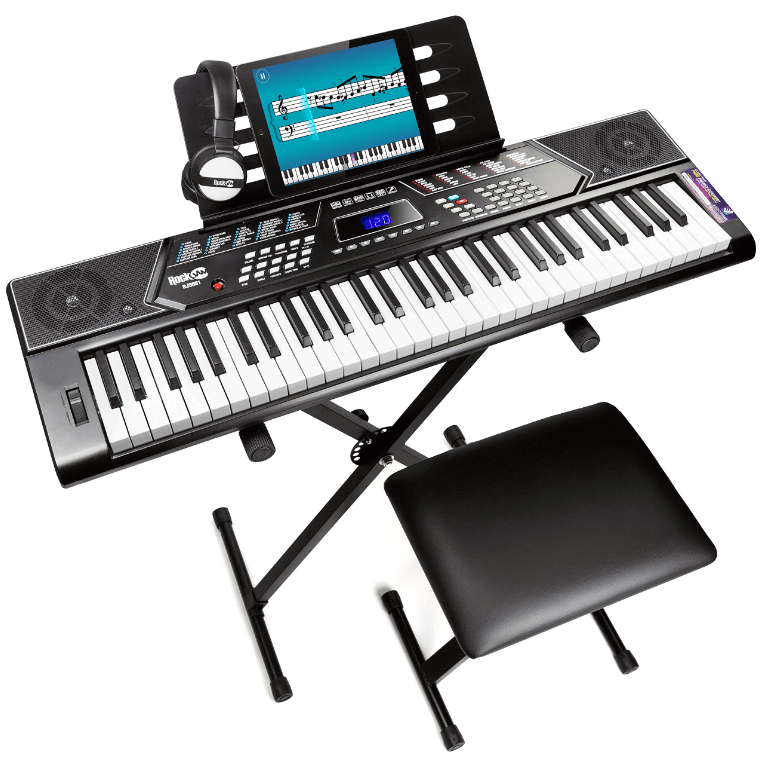
Controls, Indicators, and External Connections
Front Panel
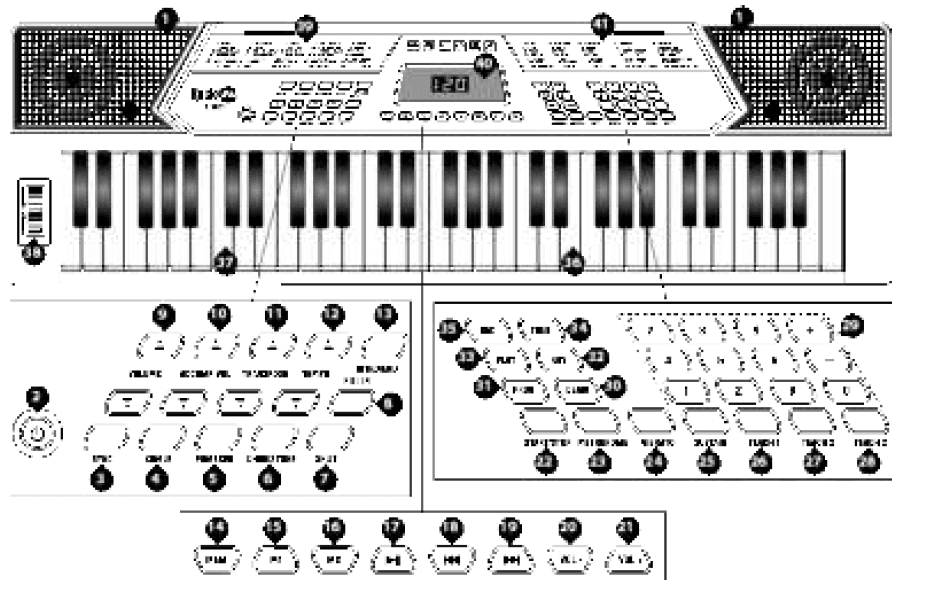
- Stereo Speakers
- Power Switch
- Sync
- Single Finger Chords
- Fingered Chords
- Chord Tone
- Split keyboard
- Fill In
- Main Volume +/-
- Accompaniment Volume +/-
- Transpose +/-
- Tempo [Fast/Slow]
- Intro/Ending
- Memory
- Memory Storage 1
- Memory Storage 2
- Play/Pause
- Previous Track
- Next Track
- Music Volume –
- Music Volume +
- Start/Stop
- Metronome
- Vibrato
- Sustain
- Teach 1
- Teach 2
- Teach 3
- Number Buttons
- Demo
- Program
- Rhythms
- Playback
- Tones
- Record
- Keyboard Playing Area
- Chord Keyboard Area
- Pitch Wheel
- Tones List
- LED Screen
- Rhythms List
External Connections
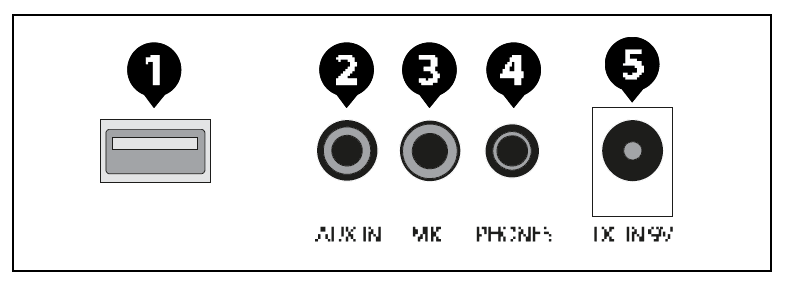
- USB Input (For MP3 Playback)
- AUX IN (For Music Playback)
- MIC Input (For Electret Microphone)
- Headphone Output
- DC 9V Power Input
LED Display
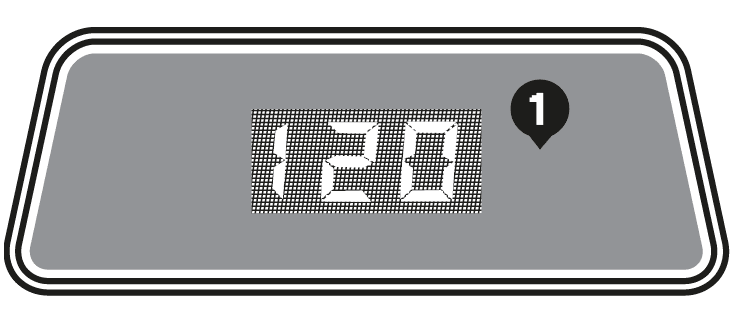
Preparation Before First Use
Stand Assembly
Please first assemble the stand using the screws and allen key supplied. The keyboard can then be secured to the stand using the straps and screws connected to the top bars.
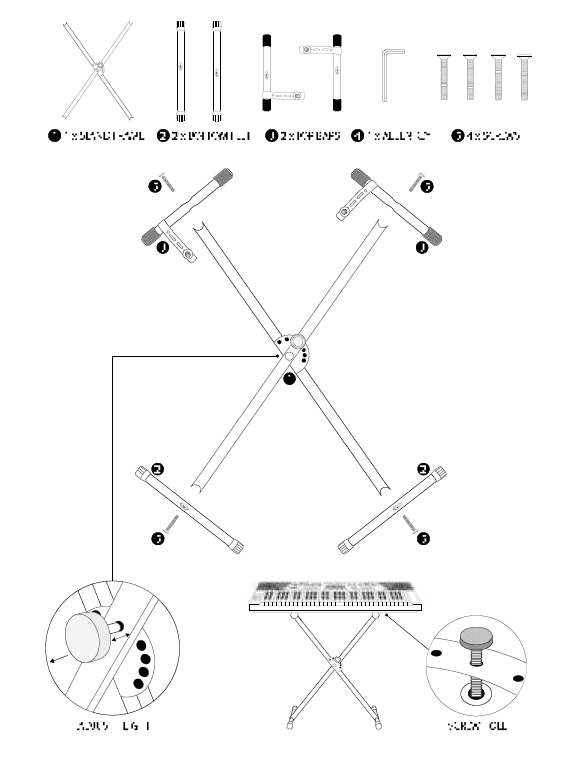
Power
Use of AC/DC power adapter:
Please use the AC/DC power adapter that came with the electronic keyboard or a power adapter with DC 9V output voltage and 500mA output current with a centre positive plug. Connect the DC plug of the power adapter into the DC 9V power socket on the rear of the keyboard and then connect the other end into the mains wall socket and switch on.

Caution: When the keyboard is not in use, you should unplug the power adapter from the mains power socket.
Battery operation: Open the battery lid underneath the electronic keyboard and insert 6 x 1.5V AA alkaline batteries. Ensure the batteries are inserted with the correct polarity and replace the battery lid.
Caution: Do not mix old and new batteries. Do not leave batteries in the keyboard if the keyboard is not going to be used for any length of time. This will avoid possible damage caused by leaking batteries.
Auto power off: The keyboard has a power save function that switches the keyboard off after a period of around 4 to 5 minutes when not being played. Press the power on / off button to switch back on.
Jacks and Accessories
Using headphones:
Connect the 3.5mm headphone plug into the [PHONES] jack on the rear of the keyboard. Once headphones are connected, the internal speaker will cut off automatically.
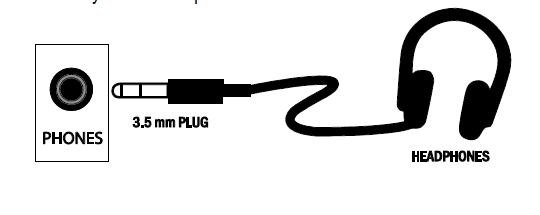
Connecting an Amplifier or Hi-Fi Equipment: This electronic keyboard has a built-in speaker system, but it can be connected to an external amplifier or other hi-fi equipment. Fir, turn off the power to the keyboard and any external equipment you want to connect. Next, insert one end of a stereo audio cable (not included) into the LINE IN or AUX IN socket on the external equipment and connect the other end into the [PHONES] jack on the rear of the electronic keyboard.

Connecting a phone or audio device to the AUX Input to play music through the keyboard: This keyboard has a built-in speaker system that can be used to play music from your phone or mobile device. Insert one end of a stereo audio cable into the AUX IN socket on the back of the keyboard and connect the other end to your phone or audio device. Make sure the keyboard is switched on. Use the volume control of the phone to control the music volume. AUX cable not included.
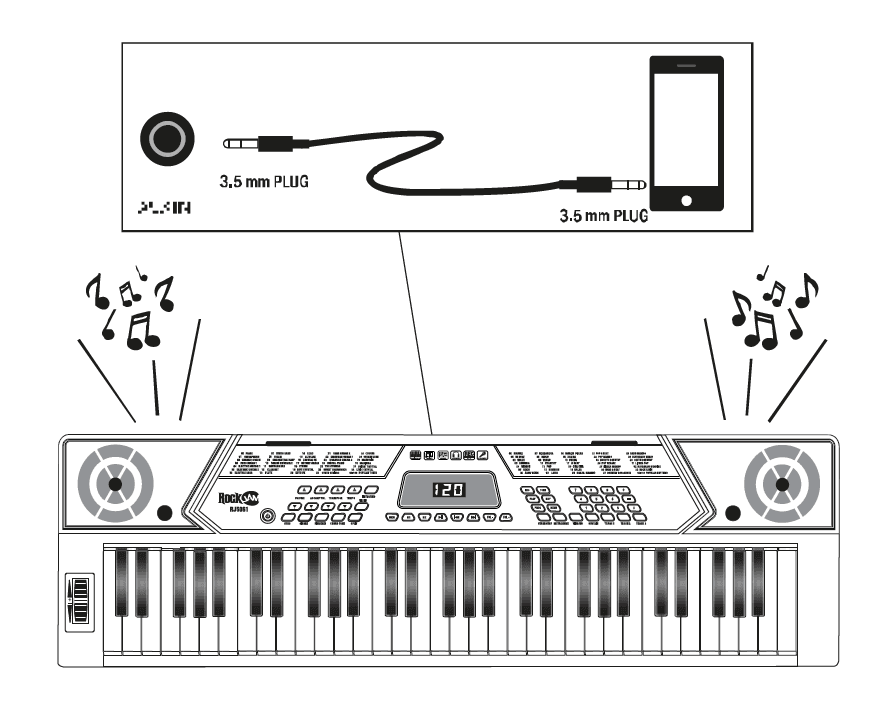
Connecting a Microphone:
Connect the 3.5mm microphone plug into the [MIC] jack on the rear of the keyboard. Note that the keyboard requires an electret or condenser microphone, not supplied.
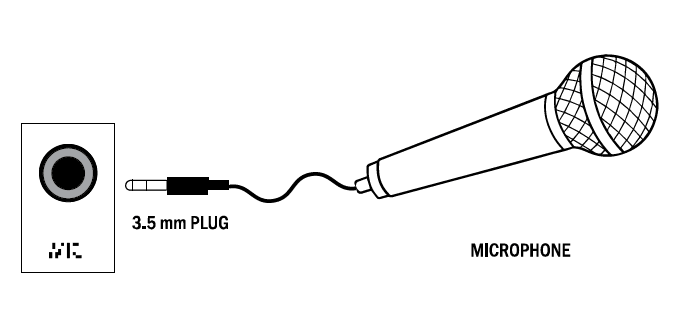
Playing MP3 Music Files from a USB Memory Stick:
Insert the USB memory stick into the USB input at the rear of the keyboard. Press the PLAY/PAUSE key to start and stop the music playback. Once the music has started playing, you can skip forward and backward through the MP3 tracks by pressing the control buttons. Adjust the volume of the music playback with the VOL – and + keys. Use the keys on the keyboard to play along.
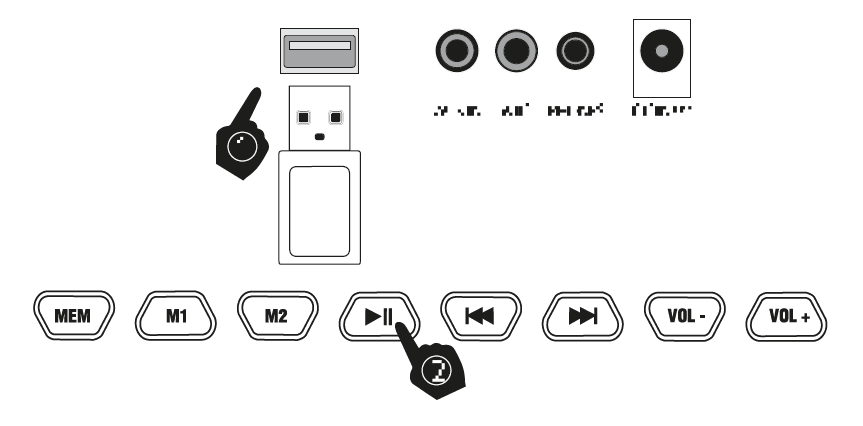
Keyboard Operation
Power and Volume
Power control:
Press the [POWER] button to turn the power on and again to turn the power off. The LED display will light to indicate power on.
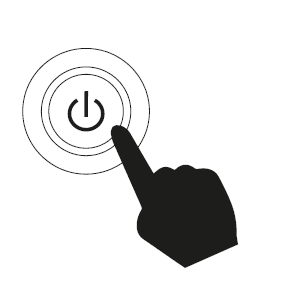
Adjustment of the Master Volume:
The keyboard has 16 levels of volume from V00(off) – V15. To change the volume, press the [VOLUME
▲/▼] buttons. The volume level is indicated by the LED display. Pressing both the [VOLUME ▲/▼] buttons at the same time will make the Main Volume return to the default level (level V10). The main
volume level will revert to level V10 after powering off and on.
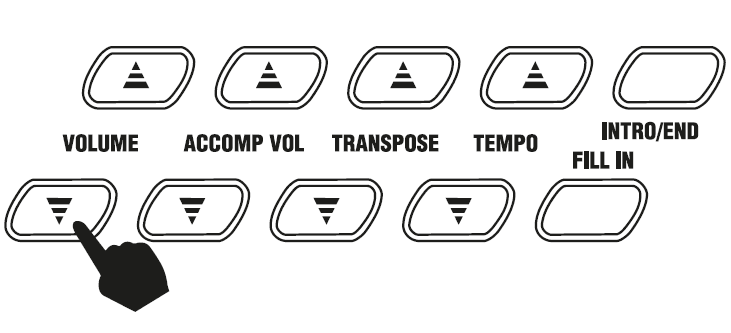
Tone
Tone Selection:
When the keyboard is switched on, the default TONE is ‘’t00’’ Grand Piano. To change the tone, press the [TONE] button first and then directly input the number code on the keypad by pressing the corresponding digits 0-9. The tones can also be changed by using the + / – buttons. Refer to Appendix III for a list of the available tones.

Effect & Control
Split Keyboard:
To switch on Split Keyboard mode, press the [SPLIT] button; the LED will show [SPL]. The keyboard will split into two keyboards at the 24th key from the left. You can adjust the TONE of the right-hand side of the keyboard by pressing the corresponding digits 0-9 on the numerical keypad. The TONE of the left-hand side of the keyboard will remain set to the tone chosen before the Split Keyboard mode was entered. In Split Keyboard mode, the pitch of the left-hand keys is raised by one octave and the right-hand keys
lowered by one octave. Press the [SPLIT] button again to exit Split Keyboard mode.
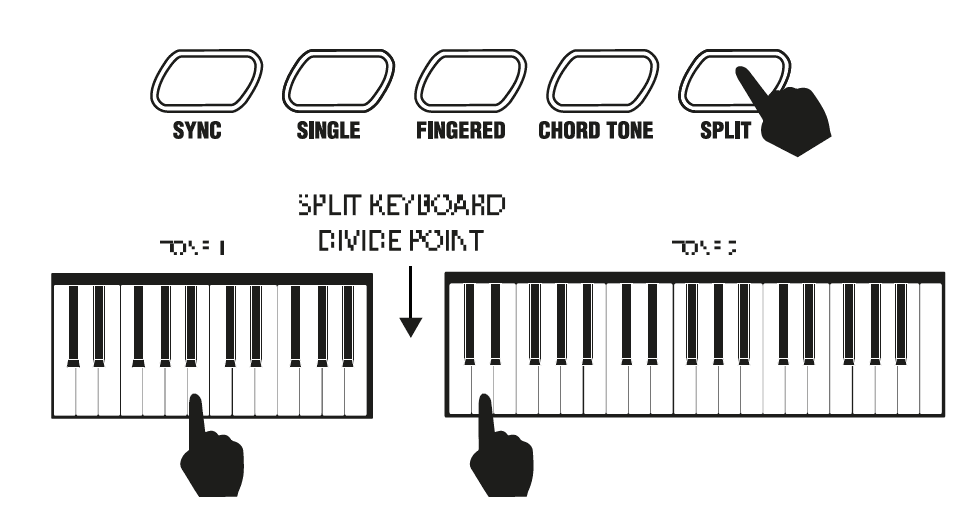
Sustain:
Press the [SUSTAIN] button to enter Sustain mode. The LED display will briefly display [SUS] to indicate that sustain is on. Once this mode is selected, the sound of each note played is prolonged. Pressing the [SUSTAIN] button again will turn the sustain feature off and exit this mode.

Vibrato:
Press the [VIBRATO] button to enter Vibrato mode. The LED display will briefly display [Vib] to indicate that vibrato is on. Once this mode is selected each time a note is played a trembling effect is added to the the note. Pressing the [VIBRATO] button again will turn the Vibrato feature off and exit this mode.

Transpose:
Pressing the [TRANSPOSE ▲/▼] buttons alters the musical scale of the note being played. You can adjust the scale by 6 levels upwards or downwards. Pressing both the [TRANSPOSE ▲/▼] buttons at the same time will make the musical scale revert to 00. The transpose level will be reset to 00 after powering off and on.
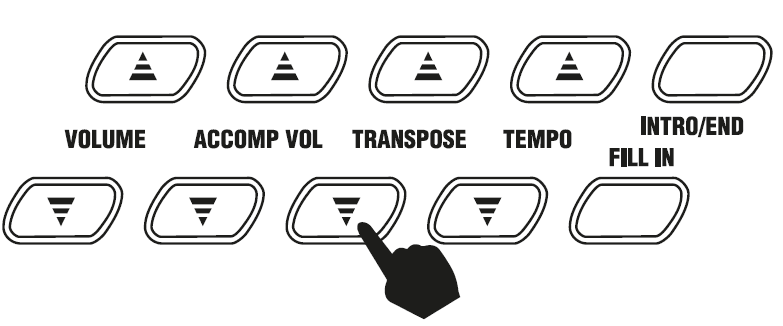
Metronome:
Press the [METRONOME] button to start the tick-tock beat. There are four beats to choose from. Depending on what the performance needs, you can press the [TEMPO ▲/▼] buttons to speed up or slow down. Press the [METRONOME] button repeatedly to cycle through to the required beat pattern. The LED display will indicate the beat you have chosen. The metronome effect is added to the music once you start playing. To exit this mode, press the [START/STOP] or [METRONOME] button again.

Panel Percussion Instruments:
To access the Percussion sounds, press the [TONE] button first and then select tone number 128 on the keypad. Once the tone has been selected, the keyboard’s keys turn into percussion instruments and play the percussion sounds accordingly. Refer to Appendix I for a table showing the percussion sounds available.
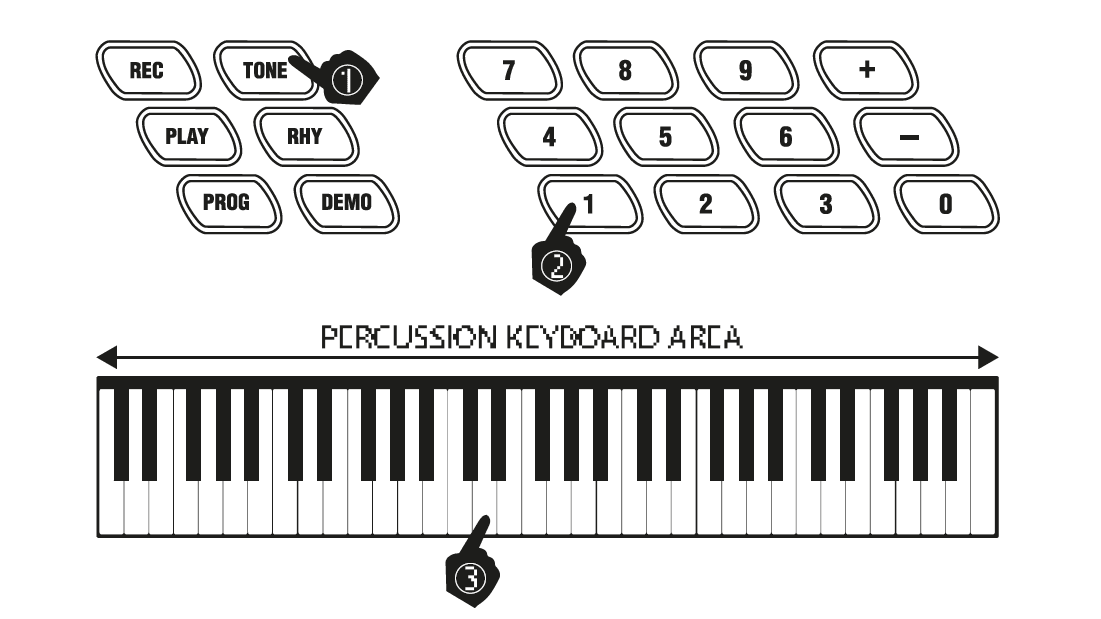
Using the Pitch Wheel:
Use the Pitch bend wheel to adjust the pitch of a note up or down for a continuous pitch variation between notes. This feature can help recreate an authentic playing sound for sounds such as strings and trombone, where the original instrument can slide up between notes. It is also a common tool used for synthesiser compositions.
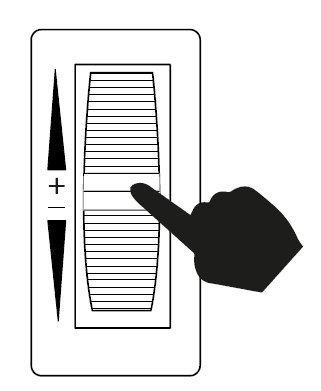
Rhythm
Selecting the rhythm:
You can choose from any of the 200 built-in rhythms. Please refer to Appendix II. for the detailed rhythm table. Press the [RHY] button to enter the rhythm selection function. The LED display will show the current rhythm number. You can select the rhythm you require by pressing the corresponding digits on the numerical keypad or by pressing the + / – buttons.

Start / Stop:
Press the [START / STOP] button to play the rhythm selected. Press the [START / STOP] button again to stop the rhythm playback

Sync:
Press the [SYNC] button to select the sync accompaniment function. Pressing any of the first 19 keys on the left-hand side of the keyboard will start the rhythm playing. Press the [START / STOP] button to stop the rhythm and exit the sync function.
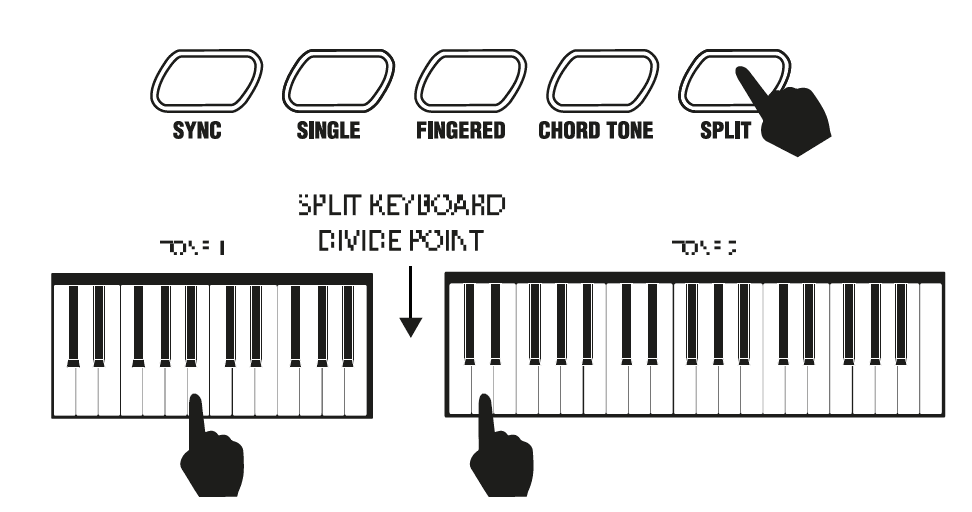
Fill in:
You can fill in a length of interlude if you press the [FILL IN] button during the rhythm playback. After the fill-in, the rhythm will continue playing as normal.
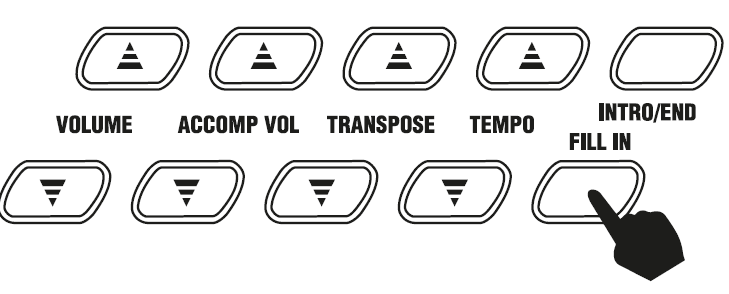
Accompaniment Volume Adjustment:
The Accompaniment Volume can be adjusted by pressing the [ACCOMP VOLUME ▲/▼] buttons. The LED display will show the volume as you are adjusting it. The adjustment range has 16 levels, which are displayed as 000 – 015 and indicated by the LED display. Pressing both the [ACCOMP VOLUME ▲/▼] buttons at the same time will make the Accompaniment Volume return to the default level (level 010). The Main Volume control will also affect the output level of the accompaniment. At power on Accompaniment volume will reset to the default level.
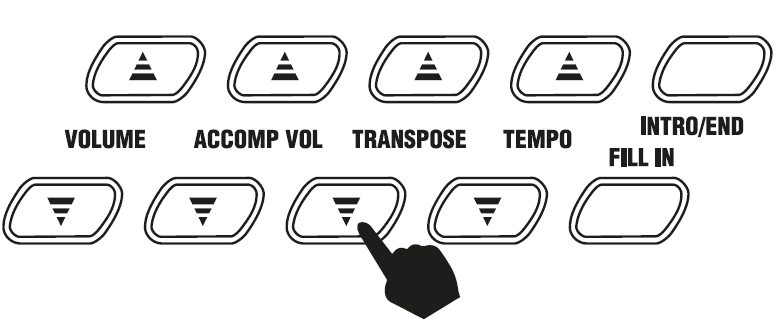
Tempo Adjustment:
Pres and hold the [TEMPO ▲/▼] buttons to adjust the playing tempo of the rhythm, metronome and demo song. The adjustment range is 30-240 bpm. Pressing both the [TEMPO ▲/▼] buttons at the same time will make the tempo revert to the default tempo for the rhythm selected. At power on the tempo will revert to 120 bpm.
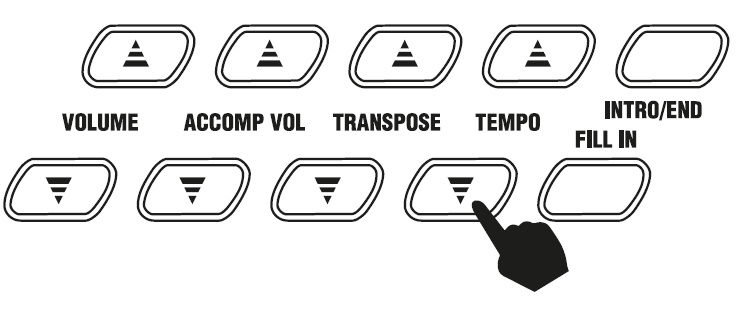
Chord Accompaniment
Single Finger Chords:
Press the [SINGLE] button to activate the single finger chord function. The LED screen will display [C-1]. Chords are played by pressing certain keys in the chord area on the left-hand side of the keyboard (keys 1-19). The finger patterns required are shown in Appendix VI. Press the [START / STOP] button to start or stop the chord accompaniment. Press the [SINGLE] button again to exit single-finger chord mode.
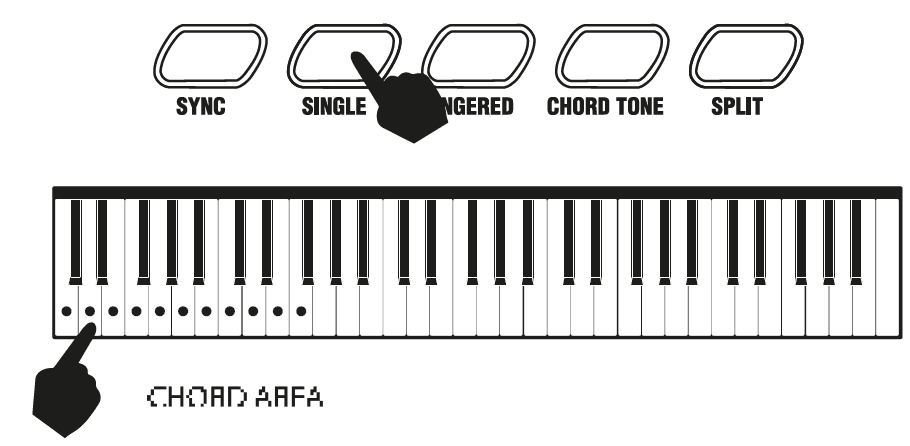
Fingered Chords:
Press the [FINGERED] button to activate the fingered chord function. The LED screen will display [C-2]. Chords are played by pressing certain keys in the chord area on the left-hand side of the keyboard (keys 1-19). The finger patterns required are shown in Appendix VI. Press the [START / STOP] button to start or stop the chord accompaniment. Press the [FINGERED] button again to exit fingered chord mode. Note that no sound will be produced unless the correct finger patterns are formed.

Chord Tone:
In either fingered or single finger chord mode, press the [CHORD TONE] button repeatedly to select the desired chord tone. There are 7 chord tones to choose from, indicated on the LCD as [00] to [06]. The chord tone is reset to [00] after power off / on.

Intro / Ending
Press the [INTRO / END] button to enable the intro section, the display will show [INT]. When the intro finishes playing, the accompaniment shifts to the main section. Press the [INTRO / END] button again to enable the ending section, the display will show [End]. When the ending is finished, the auto accompaniment stops automatically.

Recording Function
Press the [REC] button to enter the recording mode. The LED will indicate that the recording function is on by showing [rEC] on the LED display. Press any key to start recording. The maximum recording capacity is 46 notes. When the recording capacity is full, the LED display will show [FUL]. Each time you press the [REC] button, the previous memory will be cleared and the keyboard will enter recording mode again.

Press the [PLAY] button to play back the recorded notes.

Rhythm Programming
Press the [PROG] button to activate the Rhythm Program mode. The LED will indicate that the rhythm program function is on by showing [Pr9]. You can then play the keyboard and record your percussion track (up to 46 percussion beats). To listen to your piece, press the [PLAY] button and the keyboard will play back your edited percussions. You can then play along to your recorded percussion. You can also adjust the speed of the playback using the [TEMPO ▲/▼] buttons. To cancel the Programming modPressess the [PROG] button again.

Demo Songs
Press the [DEMO] button to play a demo song. The LED display will show [dXX] where XX is the number of the demo song, from 00 to 39. By pressing the + and – buttons on the numerical keypad, you can choose the demo song you require. There are 40 demo songs to choose from in total. The keyboard will finish the chosen song and then play the next song. Press the [DEMO] button again to exit the demo mode. Refer to Appendix IV for a list of the available Demo songs.

Setting Memories M1 and M2
The keyboard has two built-in memories for saving specific tones, rhythms, and tempos. Before performing, select the TONE, RHYTHM, and TEMPO you wish to use. While holding the [MEM] button, press the [M1] or [M2] button to store the settings; the LED display will show [S1] or [S2], and this will save the keyboard settings to that memory. You can access the stored settings by pressing the [M1] or [M2] buttons before performing, the LED display will show [n1] or [n2]. Note that the M1 and M2 memories will be cleared after the keyboard is switched off and back on again.

Teaching Modes
Beginner Course:
Press the [TEACH 1] button to enter the Beginner Course teaching mode. This mode is suitable for beginners to familiarise themselves with the rhythm and tempo of the s. ong The LED display will show [dXX] where XX is the number of the song selected, from 00 to 39 (refer to Appendix IV for the list of songs). Use the keypad or + – keys to select the desired song. The beat point will flash on the LED display to indicate the tempo. The LED display will indicate which key should be pressed, for example, C6. Use the key stickers provided with the keyboard to apply to the keys to know which key to press. The keyboard will play the main melody in time with any key presses, even incorrect ones.
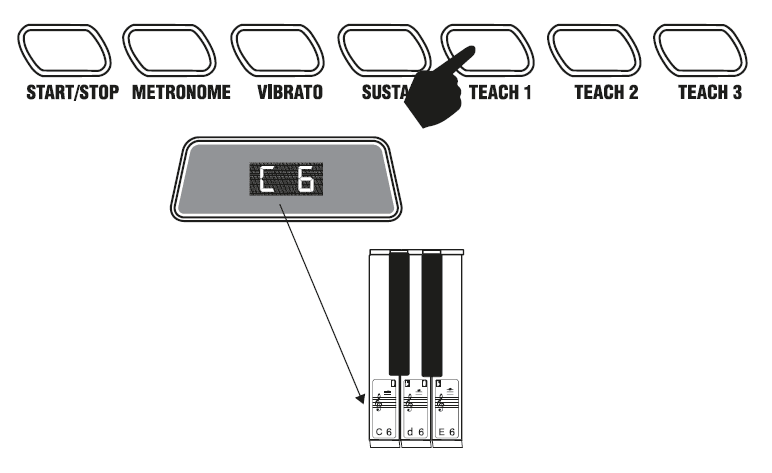
Intermediate Course:
Press the [TEACH 2] button to enter the Intermediate Course teaching mode. This mode is suitable for intermediate users. The LED display will show [d00] where XX is the number of the song selected, from 00 to 39 (refer to Appendix IV for the list of songs). Use the keypad or + – keys to select the desired song. The beat point will flash on the LED display to indicate the tempo. The LED display will indicate which key should be pressed, for example, C66. Once the correct key has been pressed, it will then move on to the next section of the song. Use the key stickers provided with the keyboard to apply to the keys to know which key to press.
Advanced Course:
Press the [TEACH 3] button to enter the advanced Course teaching mode. This mode is suitable for more advanced users. The LED display will show [d00] where XX is the number of the song selected, from 00 to 39 (refer to Appendix IV for the list of songs). Use the keypad or + – keys to select the desired song. The beat point will flash on the LED display to indicate the tempo. The LED display will show which key should be pressed, for example, C6. Use the key stickers provided and press the specified keys as the main melody plays. Note that the song will carry on playing even if an incorrect key is pressed.
Progressive Learning:
- In general, follow the sequence below to master any of the included songs.
- Listen to the song in DEMO mode to get an idea of the note timings and beat. When confident, move on to the next stage.
- Access the same song in Beginner Course mode (TEACH 1) and duplicate the note timings and key presses. When masters move onto the Intermediate Course (TEACH 2) and then the Advanced course (TEACH 3).
Appendix I. Percussion Instruments
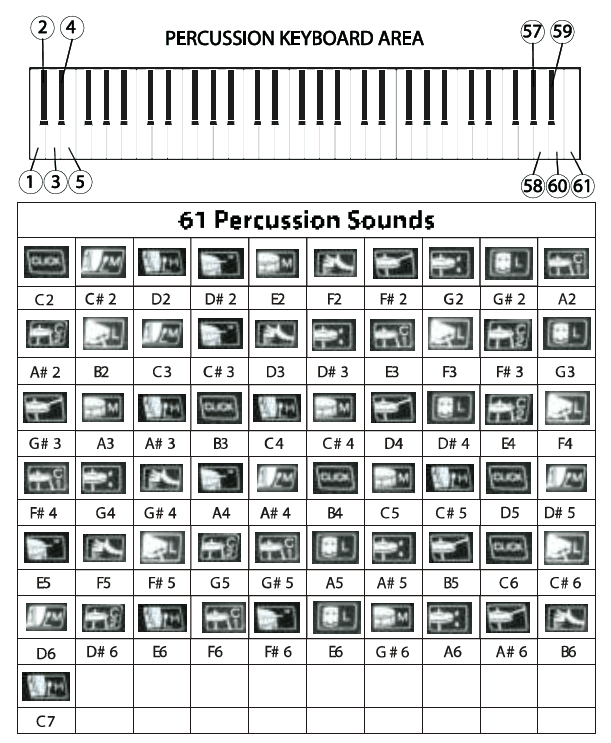
Appendix II. Rhythm Table
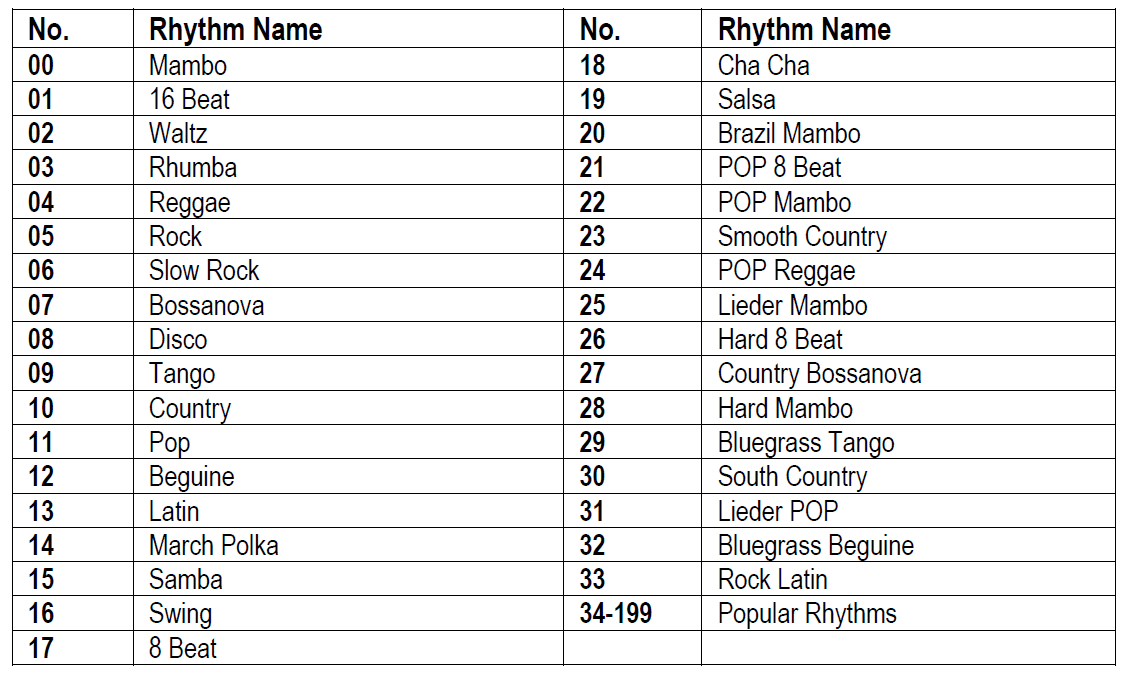
Appendix III. Tone Table
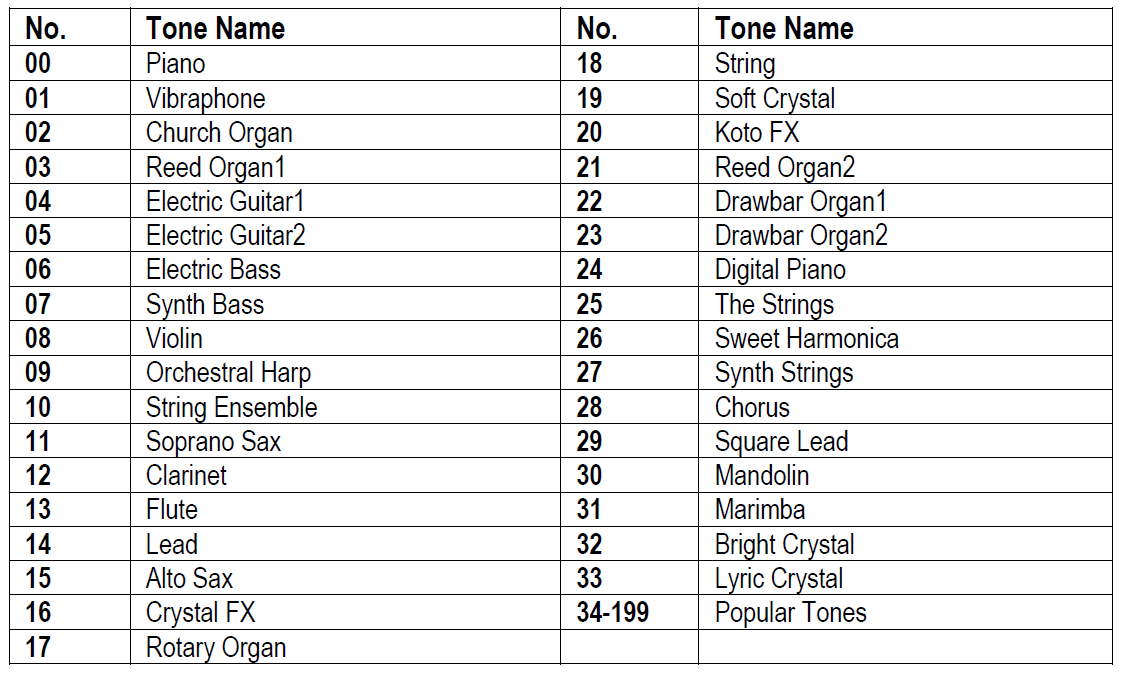
Appendix IV. Demo Song Table
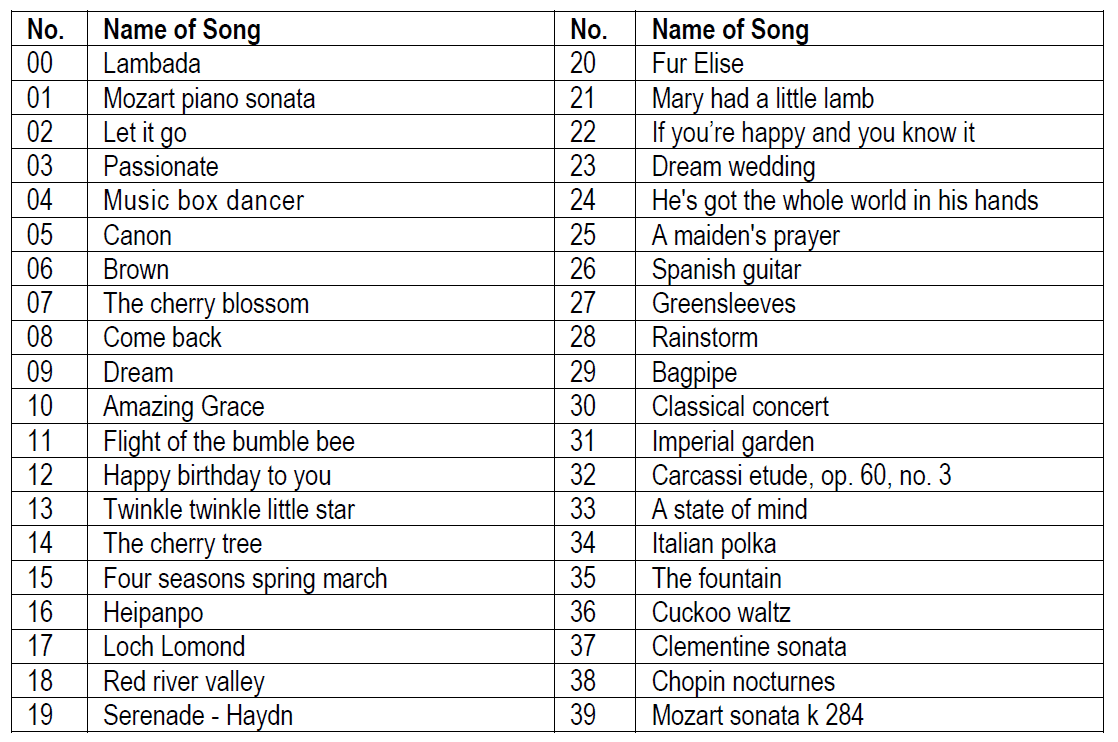
Appendix V. Troubleshooting
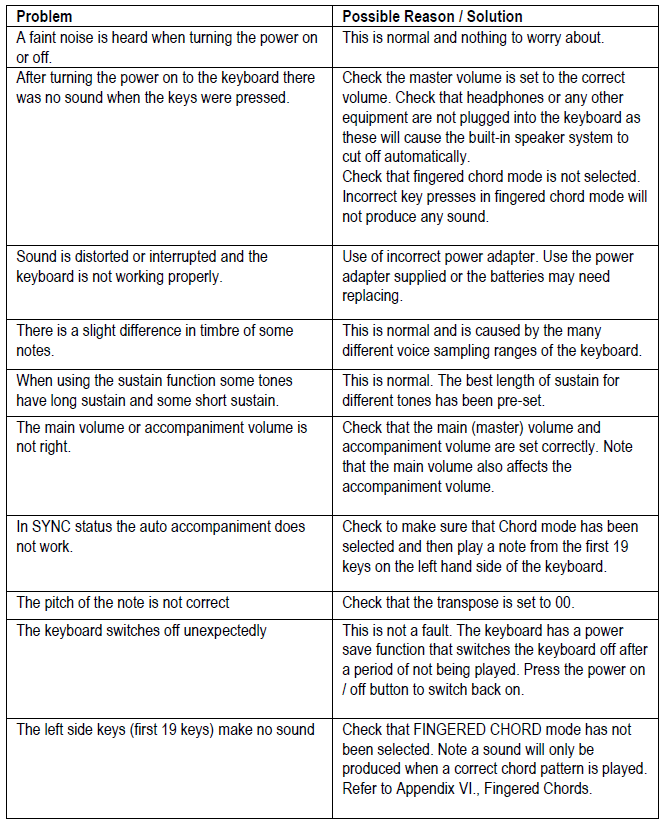
Appendix VI. Chord Tables
Single Finger Chords
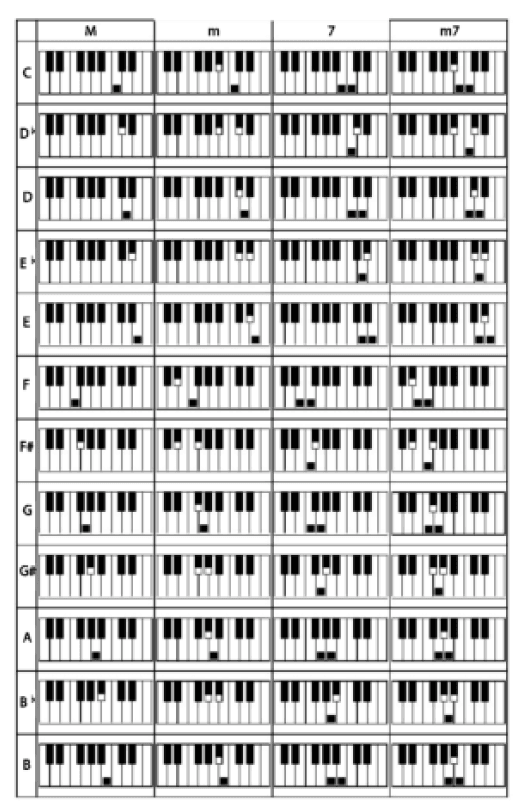
Fingered Chords
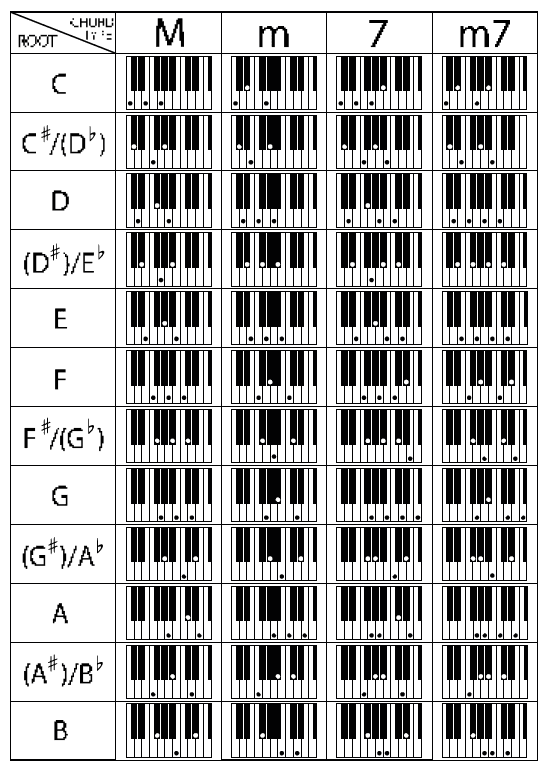
Appendix VII. Technical Specification
- Display: LED Display, 3-Digit
- Tone: 200 unique tones
- Rhythm: 200 unique rhythms
- Demo: 40 different demo songs
- Effect and Control: Split keyboard, Sustain, Vibrato, Transpose, Pitch bend
- Chords: Single Finger mode, Fingered mode, 7 Chord tones
- Recording and Programming: 46 Note record memory, Playback, 46 Beat rhythm programming
- Percussion: 12 different instruments
- Accompaniment Control: Start / Stop, Sync, Fill in, Intro/Ending, Tempo
- Intelligent Teaching: Metronome, 3 Teaching Modes
- External Jacks: Power input, Headphone output, Microphone Input (Electret), AUX Input, USB MP3 playback
- Diapason (Range of Keyboard): C2- C7 (61 keys)
- Intonation <3cent
- Weight: 3.2 kg
- Power Adapter: DC9V, 500mA
- Output Power: 2 W x 2
- Accessories included: Power adapter, Sheet music stand, Keyboard stand, Stool, Headphones, User guide, Key sticker.
FOR MORE MANUALS BY ROCKJAM, VISIT MANUALSLIBRARYY
RockJam RJ5061 Multi-Function Keyboard- FAQs
Q: How many keys does the RockJam RJ5061 keyboard have?
A: The RockJam RJ5061 has 61 keys, making it suitable for beginners and intermediate players.
Q: Does the RockJam RJ5061 have weighted keys?
A: No, the keys are not weighted but are full-sized and touch-sensitive for better playability.
Q: Is the RockJam RJ5061 a MIDI keyboard?
A: Some RockJam models support MIDI connectivity (via USB or Bluetooth), but the RJ5061 is primarily a standalone keyboard with built-in sounds.
Q: What special features does the RockJam RJ5061 offer?
A: It includes a built-in speaker, LCD display, headphone jack, recording function, and a compact design.
Q: How do I power on the RockJam keyboard?
A: Press the Power button to turn it on/off.
Q: What is the default volume level?
A: The default volume is set to level 8 (adjustable from 1 to 10).
Q: Can I connect headphones to the RockJam RJ5061?
A: Yes, it has a 3.5mm headphone jack for private practice.
Q: How do I change the keyboard’s tuning?
A: Use the transpose function (if available) to shift keys. Refer to the manual for exact steps.
Q: Is Simply Piano free with RockJam keyboards?
A: Some RockJam models include free Simply Piano content, but check the product details for confirmation.
Q: Can I use the RockJam keyboard with learning apps?
A: Yes, if it has MIDI or USB connectivity, it can work with apps like Simply Piano or GarageBand.

